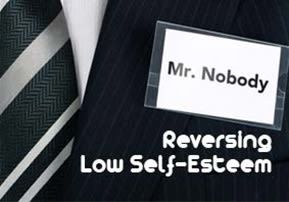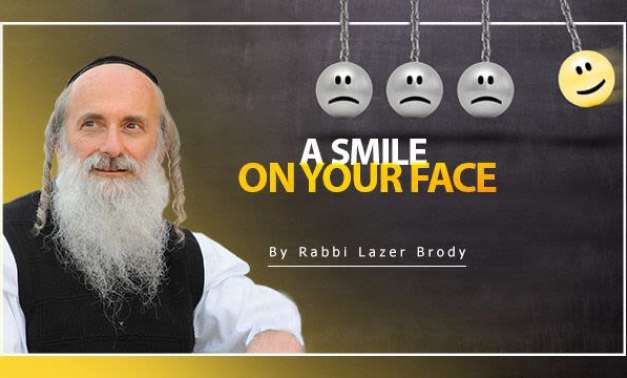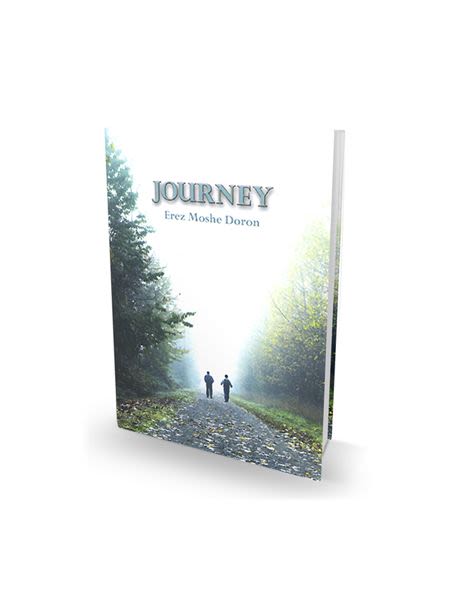
Reversing Low Self-Esteem
Low self-esteem stems from being constantly criticized when we were younger, and made to feel that if we weren't perfect, no-one could love us or accept us...

Part 2 – Healthy Jewish Self Esteem
Last week, we talked about how so many people can't get to a state of feeling genuinely 'happy', because they have low self-esteem. This low self-esteem is a result of being constantly criticised when we were younger, and made to feel that if we weren't 'perfect', no-one could love us or like us or accept us, including G-d, our parents and ourselves.
So what to do about this epidemic of low self-esteem? How could I undo all the negative programming I received as a kid, and start to really appreciate me for me, all warts and all?
Breslev Israel's Dr. Zev Ballen writes and speaks a lot about this. He explains that the majority of decisions that are brains are making, are really being made by our unconscious minds, which for most of us are being completely controlled by our evil inclinations. We have no idea what's really going on 'on the inside of us'.
Let's give a practical example: our conscious mind decided to stay away from chocolate cake, and here we are eating our third slice, and feeling terrible about it.
How does this happen? Because the 'bad voice' is telling us things all the time, that we aren't even aware of. All I know is that I wanted to stick to my diet, but somewhere deep down I started to feel down and depressed  and worthless, and now I'm trying to fill that gap with Duncan Hines…
and worthless, and now I'm trying to fill that gap with Duncan Hines…
It's only once we can 'tap in' to what our evil inclination is telling us, in our subconscious, and bring it up to our conscious minds, that we can start to really 'choose' something different.
And there's really only one way to do that: talk to G-d, and ask Him to show us what's really going on, so we can start to consciously tackle it.
So the first solution to building healthy Jewish self esteem is: Prayer
We need to ask G-d to 'catch' the things the evil inclination is consistently criticising us about, in our subconscious.
In her book, 'It's all in your mind', Sara Yosef listed a lot of things that impact healthy self-esteem: (All the following are rooted in a lack of emuna, that G-d is controlling every detail in the world; and a lack of belief that G-d created us all as unique individuals with our own special mission and aptitudes.)
1. Comparing and competing
2. Criticism and striving for perfection
3. Looking for 'appreciation' from others, instead of appreciating ourselves
4. Surrendering and 'sacrificing' – the suffering martyr, full of self-pity. These people expect to be admired for their 'self-sacrifice' – and whine continually about how hard their lives are.
5. Doing kindnesses for others, while ignoring our own needs and our own families
6. Refusing to accept gifts or compliments – a type of false humility. We like people to feel 'beholden' to us, if we've done them a favour, or to admire our 'altruism' for doing things for free.
7. Refusing offers of help
8. Disrespecting others.
9. Worrying about 'what others will say,
10. Indecisiveness – we don't want to deal with responsibility, or the possible 'failure' of our decisions. Strangely, this is related to arrogance. Only arrogant people can't accept failure.
11. Hypersensitivity and anger – very touchy people who fly off the hook, and are offended by every little thing, because they interpret everything as 'proving' their lack of self-worth.
So the second solution to building healthy Jewish self-esteem is: Stay away from people, attitudes and environments that destroy self-esteem
Because unless we have perfect self-esteem (and who does, these days?) – we're all guilty of doing at least some of the above, some of the time, and all it's doing is hurting us! What else is Facebook, except one huge invitation to rub your successes in other people's face; trash other people's opinions and lifestyles; and try to come off as 'top dog'?
But we don't need to be surfing on-line to be doing this stuff. For example, I realized that I find it very difficult to accept offers of help from guests who I invite for Shabbat, or from friends who want to lighten the load when I'm doing a kiddush, or some other event.
I always thought it was a good thing, to have this 'independence', and to not rely on other people. Now, I see that in a warped way, it's a kind of arrogance that's rooted in my low self-esteem. What if they bring a cake, and it's better than the dessert I made?! (Let's face it, that's not so hard to imagine…) What if they have better ideas how to decorate the table!? I'll feel so bad about myself!
Thankfully, I'm starting to let that go, at least a bit. It's still like pulling teeth, but now when someone asks if they can help me, I'm forcing myself to say 'yes'. (I don't actually mean it, but hey, it's a start.)
The last solution to building healthy Jewish self-esteem is: Learning to love and accept ourselves
At its root, low self-esteem occurs because we don't really love and accept ourselves. All the 'thinking' in the world is not going to change this – we need to start challenging the 'negative voices' by putting some positive stuff in there. Again, Dr. Zev talks a lot about how to do this, practically, but the main idea is that we don't just let our evil inclination's ideas about us, and our faults and our issues, go unchallenged.
Below, there's a simple exercise you can do, to get a feel about how to start replacing all that internal negativity with some much-needed positivity.
Other things we can do to build our healthy Jewish self-esteem includes: listening to Rav Arush – play his 'Vote for happiness' clip every single day! – listening to Rabbi Brody's emuna CDs; watching Dr Zev's VODs; reading the emuna books, at least a few sentences every day. These things all have a dramatic, growing impact over time, because all their emuna, all their positivity, helps to reprogram our inner world, which is so full of criticism and self-dislike and cynicism and despair about ourselves.
G-d loves us! Unconditionally! G-d really just wants to give us. He really just wants us to be happy, even though we aren't perfect. And if G-d wants that for us, let's do whatever we can to help Him to give it to us.
Emotional Freedom Technique (EFT) Exercise: Accepting ourselves
EFT is all about challenging negative emotions and reactions in the subconscious by replacing the negative with the positive. Typically, you're meant to tap your meridian points in the body to 'release negative emotions' as you speak. If you want to do that, go right ahead, but I found it worked great just by saying the words and doing a bit of minimal rubbing.
The following exercise is so simple, but with G-d's help, it could really have a profound impact on raising our self-esteem and encouraging us to love ourselves:
Rub the breast bone, which is the seat of our emotions. While rubbing, say three times: "I love and accept myself as I am, and so does Hashem."
(If you're finding it incredibly difficult to say that, you are not alone! A lot of people find this difficult, particularly if they were raised in very critical environments. But don't despair: a big part of the solution is to identify the problem. Keep trying, and eventually you'll be able to say it easily – and when you do, it means that you've also started to believe it.)
You can move on to challenging the negative voices in the same way, like this:
1. "Even though the main course I made for my Shabbat guests was half-raw, I still love and accept myself as I am, and so does G-d."
2. "Even though I just lost it completely with my child, I still love and accept myself as I am, and so does G-d."
3. "Even though I feel disgustingly fat today, I still love and accept myself as I am, and so does G-d."
You can make repeated, positive affirmations like this an integral part of your personal prayer, or talking to G-d. Whenever you hit a bad day, a bad patch, a bad mood, just turn it into a prayer, and you'll see that you instantly feel much better, calmer and happier.
* * *
Check out Rivka Levy's new book The Happy Workshop based on the teachings of Rabbi Shalom Arush











4/24/2013
absolutly true This is so regonizable, sometimes you do things that youddon't want to do but in a second you have done it. Thanks for the tips. And that we all will love ourselfs BeEzrat Hashem.
4/24/2013
This is so regonizable, sometimes you do things that youddon't want to do but in a second you have done it. Thanks for the tips. And that we all will love ourselfs BeEzrat Hashem.